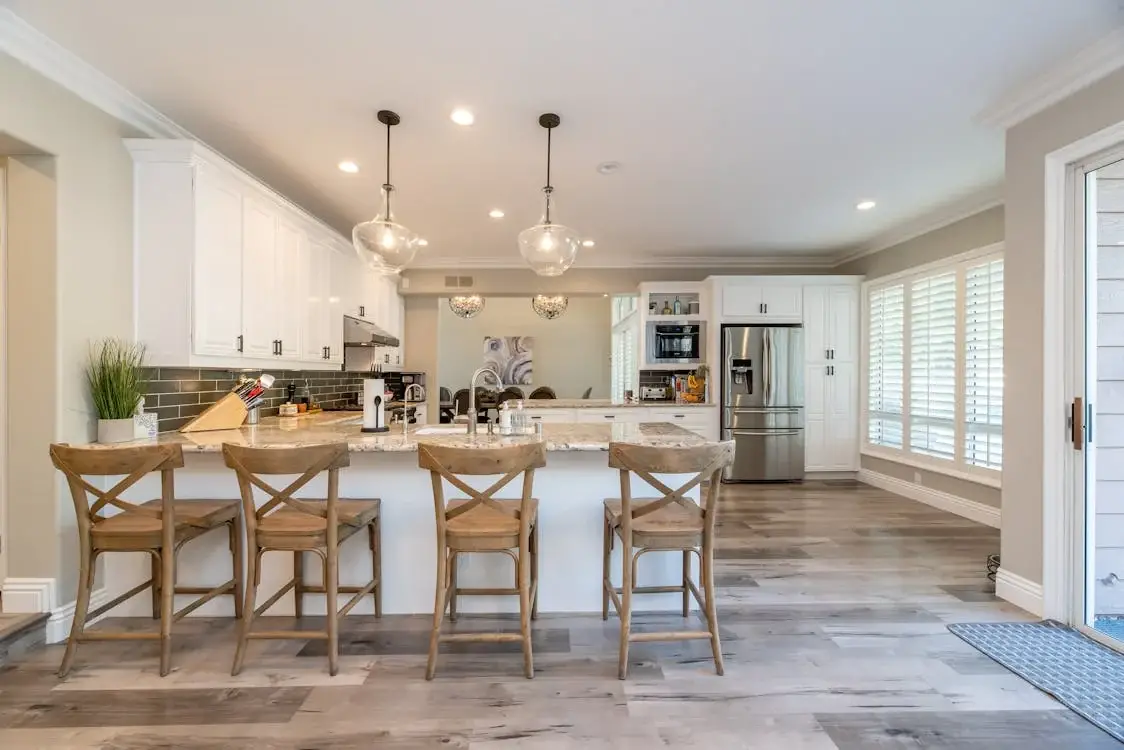Effective home preparation is key to capturing buyer interest and achieving a smooth sale. A well-presented property not only showcases its best features but also enhances market appeal, often leading to higher offers. From exterior improvements to interior staging, every detail plays a role in creating a favourable impression and expediting the sales process.

Understanding the Real Estate Market
Understanding current property market dynamics is essential for informed decision-making. Trends are shaped by a combination of sales data, economic indicators, and buyer behaviour. Local variations and regional demand patterns also influence property values. By staying informed and analysing these factors, sellers can position their property strategically and respond to shifting market conditions. Knowing how to sell a house in Victoria involves understanding these market dynamics, along with the legal requirements and best practices unique to the region.
Buyers’ preferences must also be taken into account. Through market research, including surveys and engagement on social media, sellers can gain valuable insight into what prospective buyers seek. This understanding allows for better alignment of property features and marketing strategies with current demand, ultimately increasing the likelihood of a successful sale.
Interior Enhancements
Inside the home, cleanliness and organisation are non-negotiable. Decluttering each room creates a sense of space and allows potential buyers to imagine their belongings in the setting. Deep cleaning ensures a fresh, hygienic environment that appeals on a sensory level.
Upgrading outdated fixtures, such as lighting or cabinetry hardware, can modernise the interior without extensive renovation. These relatively small changes often have a significant impact on presentation and perceived value.
Staging further enhances interior appeal. Thoughtful arrangement of furniture and décor can make rooms feel more spacious and inviting. The aim is to highlight the functionality and potential of each space, making it easier for buyers to connect emotionally with the property.
Key Renovations
Certain areas, notably the kitchen and bathroom, carry greater weight in buyer decisions. Improvements here, such as updated worktops, refreshed cabinetry, or modern tiling, can significantly increase appeal and value.
However, it is important to strike a balance between cost and potential return on investment. Prioritising changes that are both impactful and cost-effective ensures the property remains competitive without overextending the budget.
Pricing the Property
Accurate pricing begins with a comparative market analysis. This involves reviewing similar properties in the local area to determine a fair and attractive price point. Factors such as location, size, condition, and recent sales all inform this assessment.
By aligning pricing with current market expectations, sellers avoid prolonged listing times while maintaining negotiating room. A realistic and well-supported valuation builds buyer confidence and increases the chance of a prompt offer.
Effective Marketing
Professional photography plays a central role in real estate marketing. High-quality images showcase the property’s best angles and features, helping listings stand out online and in print.
Well-crafted listings, accompanied by compelling descriptions, provide crucial information about the home’s features, layout, and surroundings. Clear, engaging text paired with strong visuals captures attention and encourages further interest.
Utilising social media and property platforms broadens exposure. Targeted advertising, virtual tours, and consistent updates help generate enquiries and drive traffic to the listing. This multi-channel approach ensures the property reaches as wide an audience as possible.

Working with a Real Estate Agent
Although some may opt for a private sale, many benefit from partnering with a real estate agent. A knowledgeable agent brings local expertise, marketing know-how, and negotiation skills to the table. They can also manage administrative tasks, ensuring legal compliance and reducing stress throughout the process.
Choosing the right agent involves researching credentials, reviewing client feedback, and interviewing candidates. An ideal agent understands the seller’s goals and communicates effectively from start to finish.
Preparing for Inspection
Before a property changes hands, inspections often form a key part of the process. A pre-sale inspection helps identify any potential issues, allowing sellers to carry out repairs in advance and avoid surprises during negotiation.
Essential repairs, particularly those affecting structure, safety, or utilities, should be addressed promptly. This not only improves the overall condition of the home but also demonstrates diligence to prospective buyers.
Conclusion
Preparing a home for sale involves a combination of strategic presentation, market knowledge, and practical upgrades. Enhancing kerb appeal, making thoughtful renovations, staging interiors, and pricing competitively all contribute to a successful sale. Through careful planning and professional guidance where needed, sellers can boost their property’s appeal and secure the best possible outcome.
FAQs
Is staging really necessary when selling a home?
Yes, staging plays an important role in shaping how buyers perceive a property. It helps them visualise living in the space and makes the home feel more inviting. Proper staging can also highlight the property’s strengths and create a lasting impression during viewings.
How can I determine the right asking price for my home?
Determining the correct asking price involves researching comparable properties in your area and considering your home’s condition, location, and features. Working with an estate agent or property valuer can provide professional insight and ensure your home is priced to attract genuine interest without undervaluing its worth.
What should I fix before putting my house on the market?
Focus on addressing visible and functional issues, such as peeling paint, leaky taps, or damaged flooring. Prioritise repairs in key areas like kitchens and bathrooms, and consider cosmetic touch-ups that improve presentation. Fixing minor faults gives buyers fewer reasons to negotiate on price.
Leave a Reply